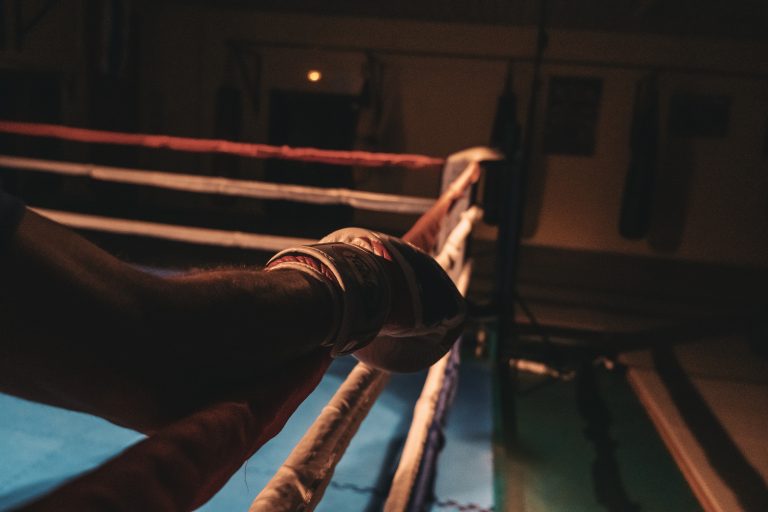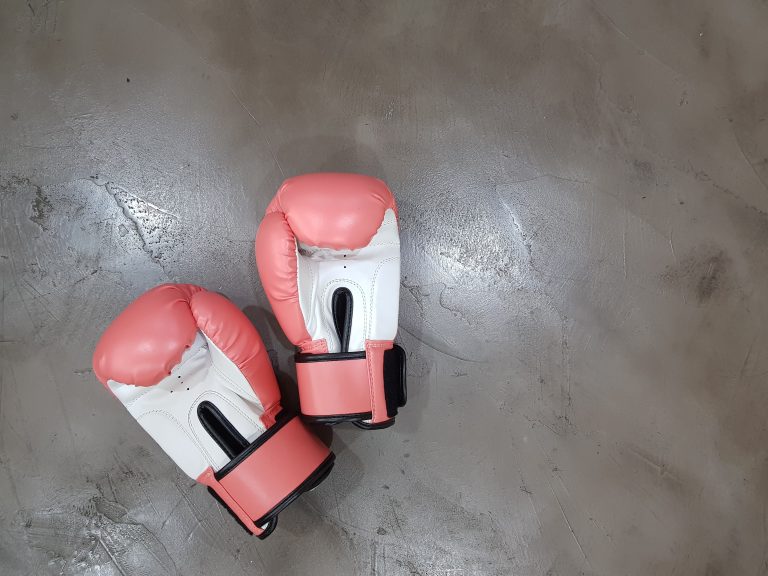What are the Benefits of Training in Karate?
If you’re considering taking up karate training for yourself or for someone in your family, you’re no doubt aware that it’s a martial art with benefits galore. From learning self-defense to developing sound mental and physical discipline, the advantages of karate training are tremendous. In this blog post, we’ll explore why training in karate can be such an advantageous activity.
Karate is often thought of as a form fighting, but there is much more to it than that. It can be practiced as a recreational or competitive sport, or as a way of developing and maintaining physical fitness. Combining various movements and gestures, karate relies on psychology, body parts coordination, strength, flexibility, and speed. The mental aspect of karate is just as important as the physical one, giving practitioners a sense of focus and achievement.
What are some of the overall benefits of training in karate? There is no doubt that this martial art offers physical exercise and help in honing coordination and balance, as well as a great way to shake off daily stress. But beyond the physical benefits, here are some other advantages that make karate training a great choice:
1. Self-defense – Karate is a fantastic way to increase awareness of one’s surroundings and to help individuals protect themselves in dangerous situations. Its main strength lies in building mental and physical resilience when faced with danger. Karate training provides participants with the knowledge, confidence, and ability to defend themselves against physical attack.
2. Mental discipline – Training in karate requires a high level of emotional control. Practitioners must use mental concentration to maintain composure and focus on developing the skills necessary to successfully perform techniques. This improves the practitioner’s ability to pursue better results through greater perseverance and determination.
3. Improved physical health – Karate is a full-body workout that provides many physical health benefits such as improved muscular strength and flexibility, increased endurance, weight loss, and improved posture. Karate also helps improve cardiorespiratory fitness. As a form of aerobic exercise, it increases the heart rate and promotes efficient functioning of the lungs and other specific body parts.
4. Increased confidence –Karate works wonders for any practitioner’s self-confidence as it gives them the opportunity to understand their own individual skills and capabilities and how they can apply these to improve their lives. It teaches practitioners that by working hard and making wise decisions they can achieve their goals.
5. Stress relief & Mental Health –Karate has been found to reduce anger, depression, tension, and other negative emotions while promoting relaxation, contentment, and well-being. As participants concentrate on their breathing, physical movements and body coordination in karate classes, they enter a meditative state which helps to reduce stress levels and improve their mental health.
6. Social interaction – In today’s socially-distanced world, karate is one of the best ways to meet and become friends with new people who share similar interests. Karate classes are often taught in groups with different age ranges and backgrounds which encourage team work, camaraderie and progress together.
To sum up, if you are looking for a great way to stay physically fit and gain personal confidence then karate training could be the perfect option for you. Though it may seem intimidating at first, the holistic approach of karate training (mental as well as physical) makes it both satisfying and enjoyable over time as practitioners develop their skills and move up the belts system for success.
For more information about karate training benefits, head over to British Karate Federation or visit your local martial arts club or gym.
The Most Frequently Asked Questions About Karate Training Benefits
Karate is a martial art that has gained popularity all over the world. It is a combination of physical and mental training that helps you achieve a higher level of mental, physical, and spiritual fitness. In this blog post, we will answer some of the most frequently asked questions about karate training benefits.
1. What are the physical benefits of karate training?
Karate is an excellent form of exercise that can help you get into shape and lose weight. It is a full-body workout that can improve your cardiovascular health, build strength, and increase flexibility.
Additionally, practicing karate can improve your balance and coordination, which can reduce the risk of falls and other injuries.
2. What are the mental benefits of karate training?
Karate is not just a physical exercise; it is also a mental discipline. Practicing karate can help you develop mental strength, focus, and discipline. This can translate to other areas of your life, such as work or school.
Furthermore, karate can be an excellent stress reliever. The physical activity can help release endorphins, which can improve mood and reduce stress levels.
3. Can karate training improve self-defense skills?
Yes, one of the main benefits of karate is that it can improve your self-defense skills. Karate is a martial art that focuses on self-defense techniques that can be used in real-life situations.
Furthermore, practicing karate can help you develop awareness and quick reflexes, which can be beneficial in any self-defense situation.
4. Can karate training help children develop discipline and focus?
Yes, karate can be an excellent activity for children to develop discipline and focus. Unlike team sports, karate is an individual activity that requires focus and concentration.
Furthermore, many karate schools have strict rules and codes of conduct that help children develop discipline and respect for authority.
5. Is karate training safe?
Like any physical activity, there is always a risk of injury with karate training. However, when practiced safely and under proper supervision, karate is a relatively safe activity.
Many karate schools have strict safety guidelines and require students to wear protective gear during sparring and other activities.
6. Can karate training be practiced by people of all ages?
Yes, karate training can be practiced by people of all ages. Many karate schools offer classes for children, adults, and seniors.
However, it is essential to listen to your body and practice within your physical limits. It is also important to discuss any health concerns with your doctor before starting any new physical activity, including karate.
7. How often should I practice karate?
How often you should practice karate depends on your individual goals and schedule. Many karate schools offer classes several times a week, and some students may choose to practice every day.
For beginners, it is recommended to start with at least two classes per week to build a foundation and progress steadily.
8. What are the different styles of karate?
There are many different styles of karate, each with its unique techniques, forms, and traditions. Some of the most popular styles of karate include Shotokan, Goju-Ryu, Wado-Ryu, and Shito-Ryu.
It is essential to choose a style that aligns with your personal goals and interests. Researching different styles and observing classes can help you make an informed decision.
Conclusion
Karate training offers a wide array of benefits, both physically and mentally. By practicing regularly and under proper guidance, karate can help you achieve improved fitness, self-defense skills, discipline, and focus.
If you are interested in learning more about karate training benefits, we encourage you to explore our website and try a class at a local karate school.
Inhaltsverzeichnis






